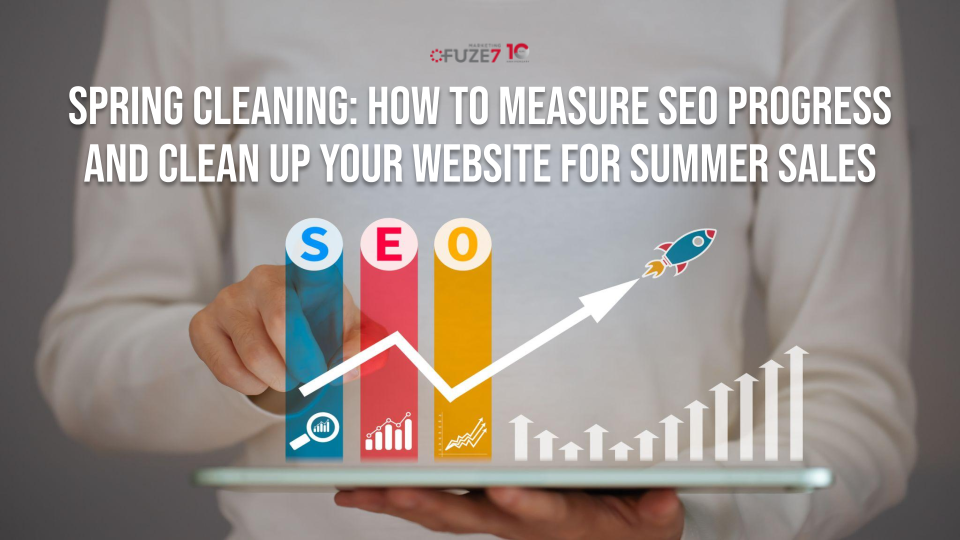Remember back in the day when the yellow pages were the go-to portals for shoppers who needed to find local services? Although it may not seem that long ago, today the internet has made phone books almost obsolete. Reflecting back to yesteryear when people still searched the yellow pages, businesses were given equal exposure as everything was categorized and listed in alphabetical order. The internet is not as forgiving.
SEO (Search Engine Optimization) is not some marketing buzzword. SEO is the practice of increasing the quality and quantity of traffic to your website through organic search engine results. SEO encompasses both the technical and creative elements required to improve rankings that drive traffic and increase awareness in search engines.
All major search engines such as Google, Bing, and Yahoo have primary search results where web pages and other content such as videos or local listings are shown and ranked based upon what the engine considers the most relevant to users. Payment isn’t involved with SEO, as it is with paid search ads or pay-per-click advertising (PPC). Search engines are designed with algorithms that are based on words, titles, links, words within links, and a company’s reputation.
Put simply, you might be offering the best products and services on the market but if your customers are unable to locate you on the internet, not only are you missing out on customer traffic, you are also damaging the legitimacy of your business’s image and/or reputation by creating an unfavorable perception of not being a top player in your industry.








